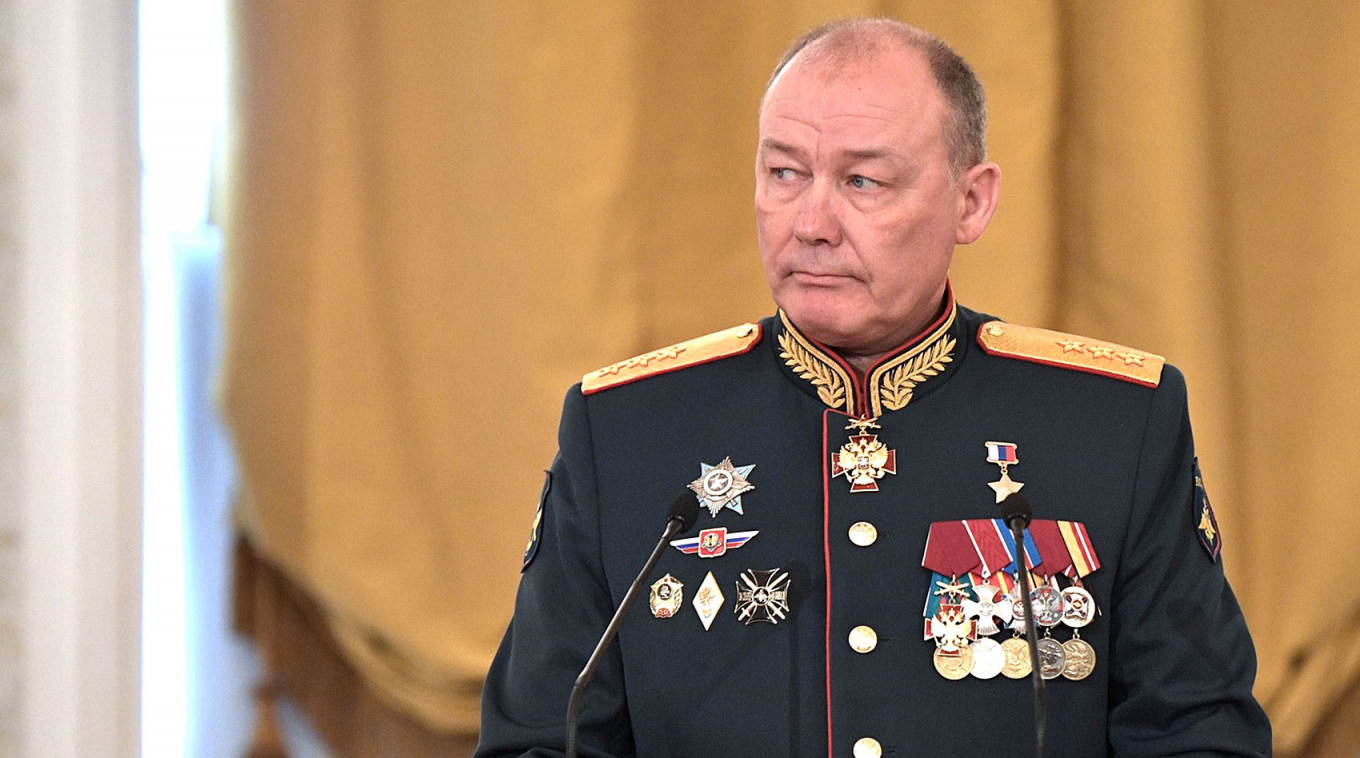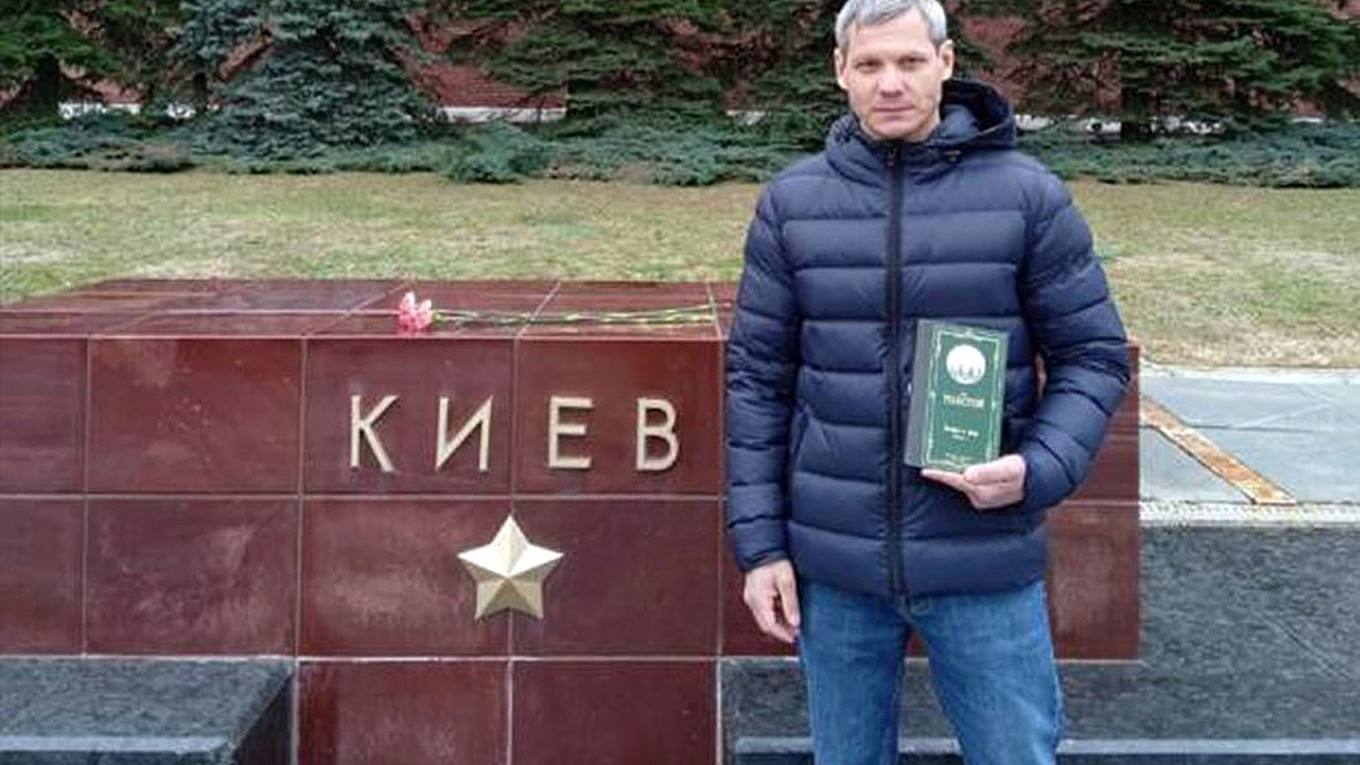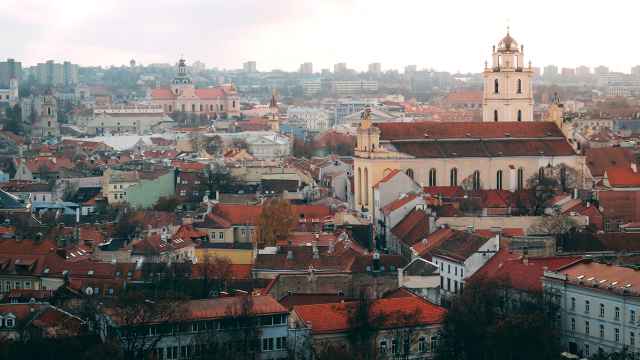Threat level ‘yellow’
The Kursk region bordering Ukraine raised its terrorist threat level Sunday, citing “possible provocations” in the area used as one of several staging grounds for Moscow’s invasion of its neighbor.
Authorities said security patrols will increase and military and police checkpoints will go up Monday following a series of rare cross-border attacks.
In the crosshairs
Russian officials warned that YouTube could be the next Western social media giant to be banned after the video platform blocked the lower house of Russian parliament’s Duma TV channel.
YouTube’s parent company Google said Saturday it takes “appropriate action” if an account violates its terms of service and added that it is complying with sanctions.
Literary outcry
An anti-war protester who was photographed with a copy of Leo Tolstoy’s “War and Peace” next to the Kyiv World War II monument next to the Kremlin was detained and charged with violating protest rules Sunday.
Several others who staged single-person pickets and actions against the war in major Russian cities over the weekend were reportedly charged with discrediting the Russian military.
Third exchange
Ukraine and Russia said on Saturday that a third prisoner exchange had taken place since the war broke out on Feb. 24.
Kyiv said 12 Ukrainian soldiers and 14 civilians were returning home, while Moscow said four nuclear experts, an unspecified number of Russian troops, as well as 14 Russian sailors and 32 truck drivers, had been released.
Wartime reshuffle
Gen. Alexander Dvornikov, Russia’s southern military command chief with extensive experience in Syria, has been placed in charge of operations in Ukraine to improve command and control of the Russian forces, BBC reported late Friday.
Western officials quoted by the broadcaster said the timing of the reorganization had to do with political imperatives prioritizing “some kind of success” ahead of May 9, a major holiday celebrating the Soviet victory over Nazi Germany in World War II.

A Message from The Moscow Times:
Dear readers,
We are facing unprecedented challenges. Russia's Prosecutor General's Office has designated The Moscow Times as an "undesirable" organization, criminalizing our work and putting our staff at risk of prosecution. This follows our earlier unjust labeling as a "foreign agent."
These actions are direct attempts to silence independent journalism in Russia. The authorities claim our work "discredits the decisions of the Russian leadership." We see things differently: we strive to provide accurate, unbiased reporting on Russia.
We, the journalists of The Moscow Times, refuse to be silenced. But to continue our work, we need your help.
Your support, no matter how small, makes a world of difference. If you can, please support us monthly starting from just $2. It's quick to set up, and every contribution makes a significant impact.
By supporting The Moscow Times, you're defending open, independent journalism in the face of repression. Thank you for standing with us.
Remind me later.






